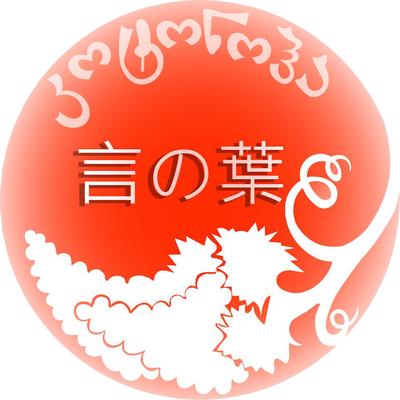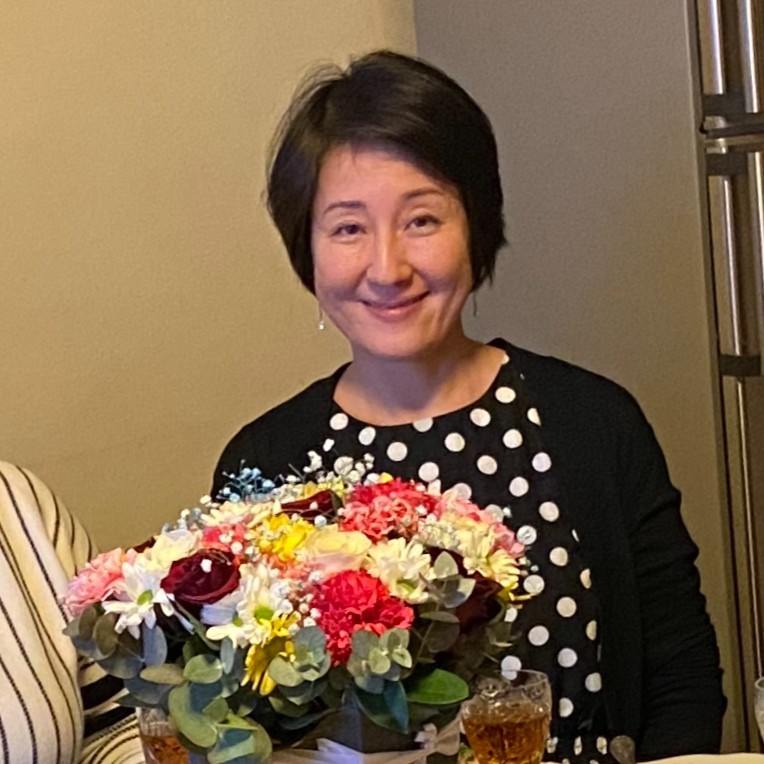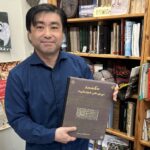【Profile】
Majored in Russian at Tokyo University of Foreign Studies, completed a master’s program at the University of Tokyo Graduate School. After working at embassies and JICA in former Soviet regions, currently residing in Georgia. Also engaged in Russian translation and interpretation.
―― What led you to establish a connection with Georgia?
Takaraga san:I have always loved literature and mainly studied Russian literature at Tokyo University of Foreign Studies. Through my studies, I often had the opportunity to read literature that touched on the Caucasus region. After completing my third year of university, I went to St. Petersburg, Russia, for a language study program. During that time, I happened to meet a Georgian person for the first time. This encounter deepened my interest in Georgia, which I had already been curious about.
After finishing my studies in Russia, I graduated from university and continued to graduate school. During that time, I decided to write my thesis on Mikhail Lermontov, which led me to form an even deeper connection with Georgia
――What was your first impression when you visited Georgia?
Takaragawa san:My first visit to Georgia was a two-week trip during my graduate school summer break. I remember feeling deeply moved, as I was finally able to visit a place I had long admired. What left the strongest impression on me was the Georgian sky and atmosphere—something beyond words.
Of course, Georgia offers wonderful elements such as delicious Georgian cuisine and the warm hospitality of its people. However, more than that, it is the country’s rich culture, its history shaped by both triumphs and tragedies, and the deep sentiments of the Georgian people toward their past that make Georgia unique. I believe these factors contribute to the indescribable feeling of its sky and air—something that sets Georgia apart from other nations.
After my trip, I spent a year from 2002 to 2003 studying at Tbilisi State University as a graduate student. Unlike a short visit, living in Georgia for an extended period allowed me to fully experience life there. At the time, water and electricity outages were frequent, but even these challenges became fascinating aspects of daily life. It gave me an opportunity to reflect on how things considered ‘normal’ in Japan are not necessarily so elsewhere.
During my studies, I attended literature and Russian language classes. My thesis focused on Mikhail Lermontov, so whenever I wasn’t in class, I would go to the library in Tbilisi, searching for rare documents unavailable in Japan to further my research. Additionally, I also had the opportunity to teach Japanese at the university
―― You have written a thesis on Mikhail Lermontov. From your perspective, what is the connection between Lermontov and Georgia, and what makes his works so captivating?
Takaragawa san:The theme of my thesis was ‘The Image of Georgia in Lermontov’s Works.’ I have always enjoyed his works, including A Hero of Our Time, but in reality, Mikhail Lermontov spent only a short time in Georgia, and his exact footsteps within the country remain unclear. His perspective on Georgia may have been somewhat biased. He was a member of the upper class during the Russian Empire era, yet he was also an exile from his homeland. As a result, his view of Georgia was shaped by both his longing to return to his homeland and his appreciation of Georgia’s beauty. He was filled with love for his exiled homeland, yet while he found solace in the beautiful landscapes of Georgia, he still harbored a desire to return. In a way, his perspective mirrored my own experience as someone interested in Georgia from within Russia.
I was particularly drawn to Lermontov’s vivid descriptions of nature, such as ‘mountains spreading like a carpet of green’ and ‘rivers drifting like the scales of a serpent.’ Beyond that, his keen observation of human emotions, his insight into feelings, and his ability to express them in writing are qualities that remain relevant in modern literature. I admire A Hero of Our Time, but more than his works, I also find Lermontov himself to be an incredibly fascinating and compelling figure
――You have worked in various former Soviet countries, including Georgia. What was the journey that led you to these experiences
Takaragawa san:After completing my master’s program at the University of Tokyo, I wanted to pursue work related to Georgia. However, at the time, there was no Japanese embassy in Georgia; instead, the Japanese Embassy in Azerbaijan covered Georgia as well. Because of this, I began working at the Japanese Embassy in Azerbaijan as a dispatched staff member. After completing my term as a dispatched staff member, I continued working at the same embassy as a grassroots delegate. Later, with the establishment of the Japanese Embassy in Georgia, I took up a position as a specialized researcher in Georgia.
Following my time in Georgia, I worked as a planning and research officer for JICA in Ukraine, Russia, and more recently in Kyrgyzstan, located in Central Asia. After successfully completing my term, I returned to Georgia, where my family is. Since I used Russian for work in many former Soviet countries, I continue to teach Russian online
――”What kind of activities do you plan to undertake between Georgia and Japan in the future?”
Takaragawa san:Georgia is a wonderful country with a rich culture. Moving forward, I hope to introduce Japanese technology, products, and ideas to Georgia, contributing to efforts that will make it an even more livable country



